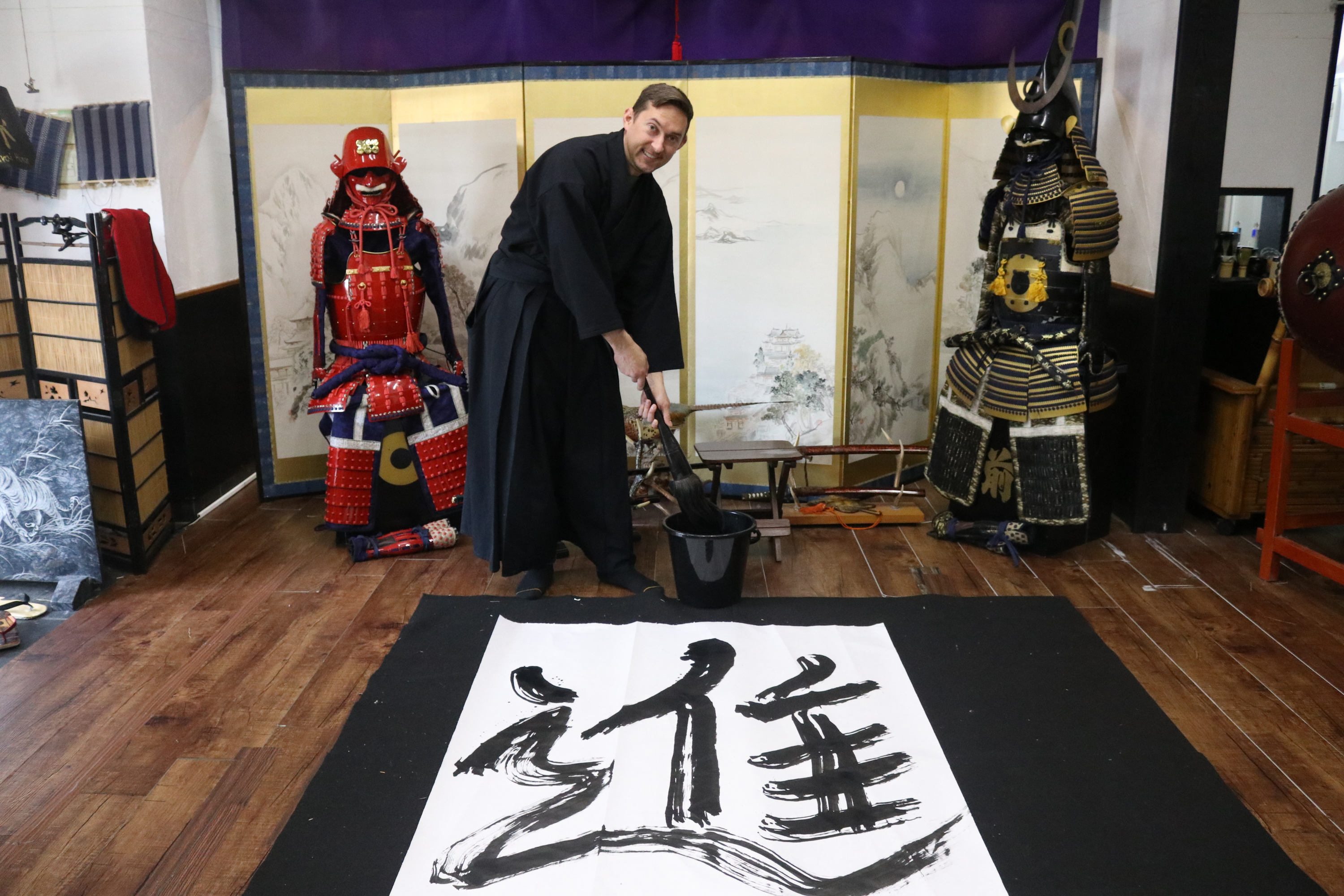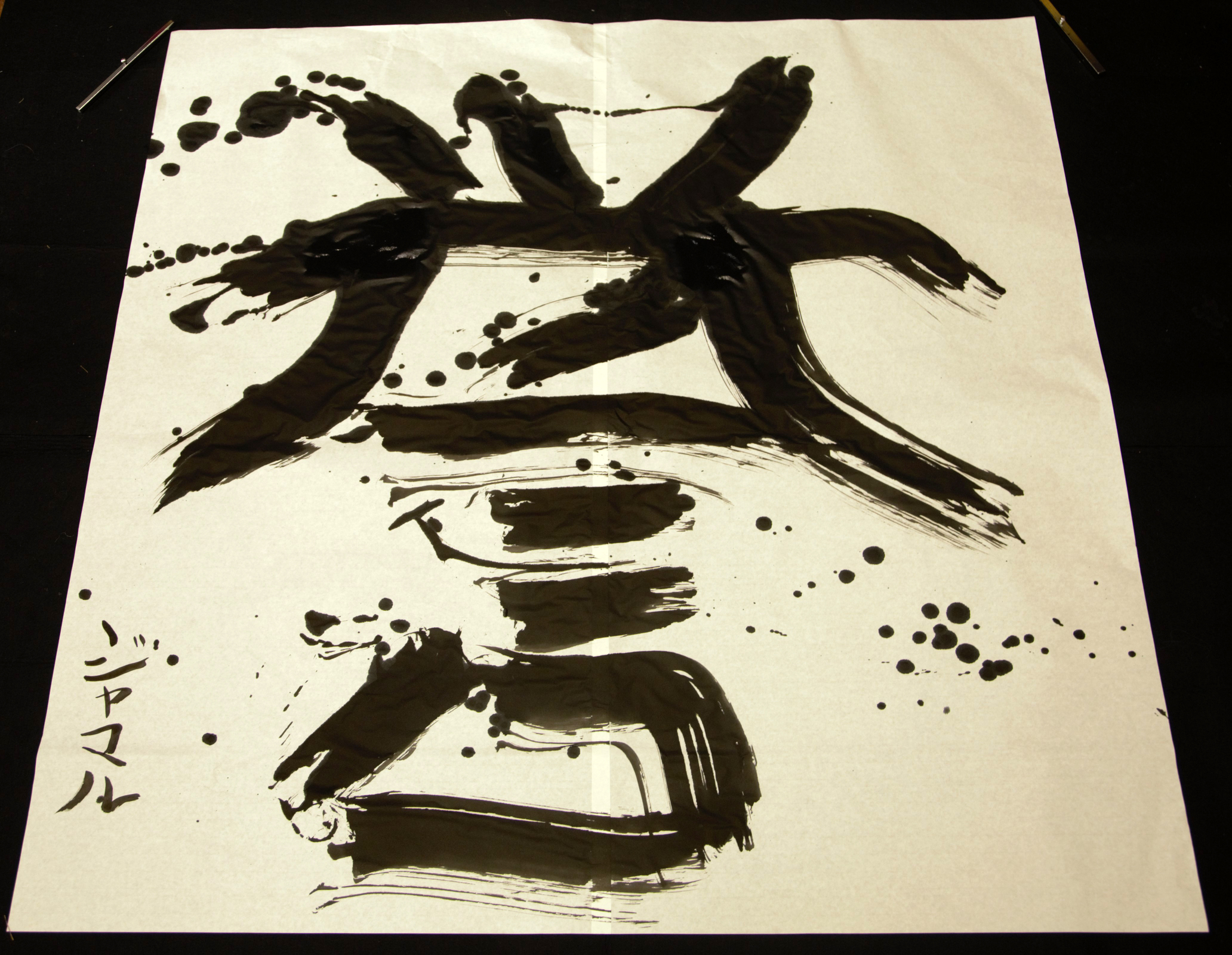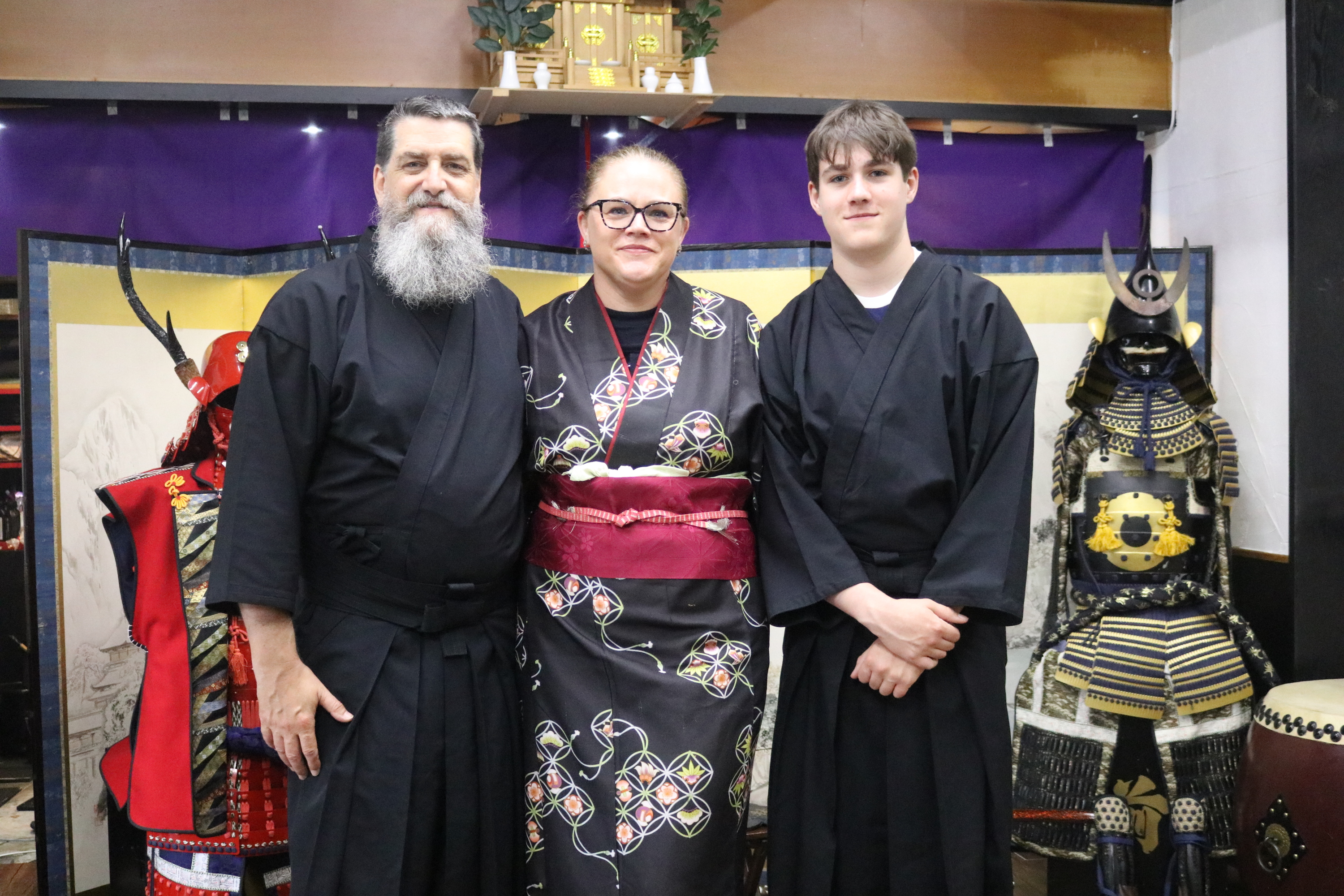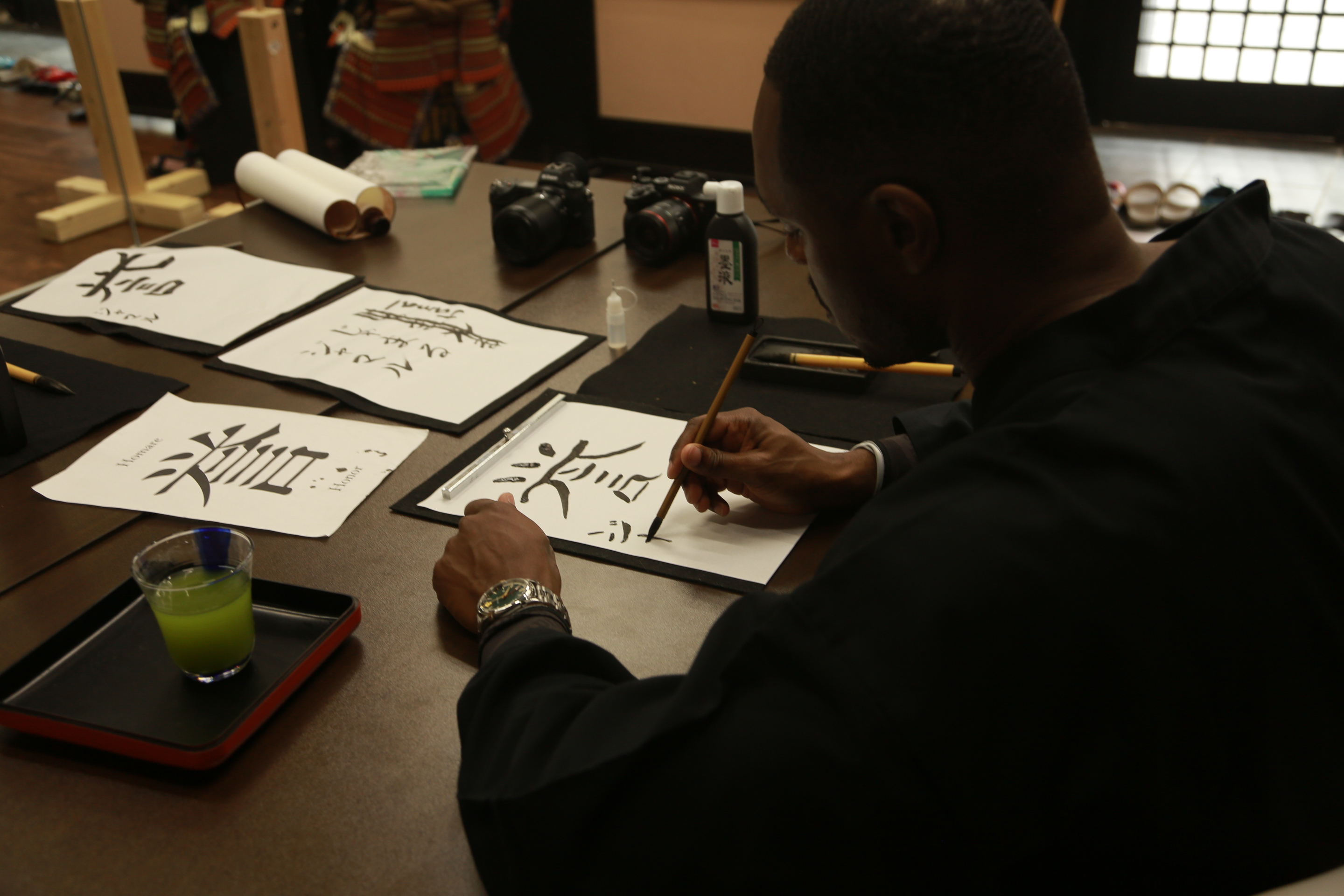
klook
[Osaka] Samurai Calligraphy/Final brushstrokes of a lifetime before the War
Book now for tomorrow
Instant Confirmation
- Overview
-
- Preparation
- You will change into Hakama or Kimono like a Samurai and dress in Japanese style.
- ,Description.
- We will first explain about the mental attitude and tools of Japanese calligraphy, which is different from foreign country.
- Explanation of the calligraphy of resignation
- Basic Practice
- There are basic calligraphy techniques such as “tome
- ” “hane
- ” and “harai
- ” which should be practiced.
- Learn the stroke order of selected kanji characters.
- ,Performance
- Each kanji has various meanings.
- Looking back on your life up to now, think about the composition (design) of the last character you will write on earth.
- ,Think about the character composition.
- Formulate a story (composition of characters) of what kind of feelings you want to leave behind.
- Become one with a sense of rhythm.
- What to expect
-
■These resignation poems strongly reflect the views of life of the people who wrote them. -The phrase “I am a Samurai,” which was written by samurai who lived in a time when they did not know what tomorrow would bring, is a painful reminder of the transient nature of life. However, their resignation poems are not about lamenting for their own selves. ■Unlike ordinary calligraphy where you keep your mind quiet, concentrate, and face a half sheet of paper by yourself, they write on a huge whole sheet of paper with a heavy brush. This writing process is expressed as a performance. In addition, children's calligraphy is sure to surprise and impress you because there are expressions that adults can never do.



